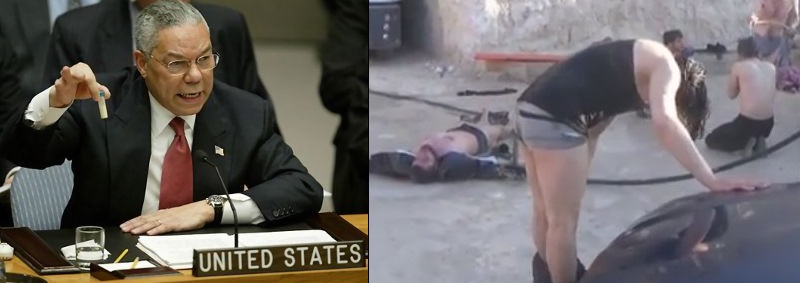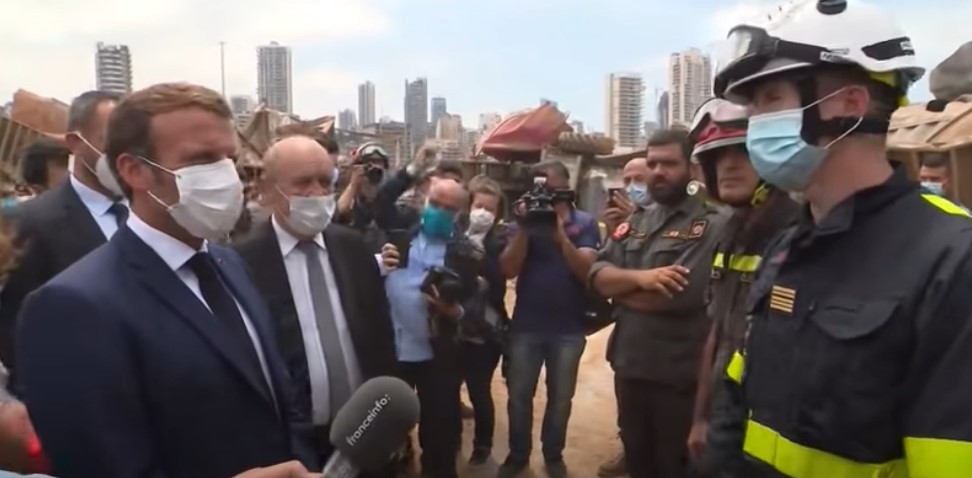UK, US, France blame Assad for chemical attack in Security Council draft resolution
During an emergency meeting held by the UN Security Council (UNSC) on Wednesday, the suspected chemical attack in Syria's province of Idlib was blamed on the Syrian government. The United Kingdom, France and the United States introduced a draft resolution in the UNSC stating that the alleged April 4 chemical attack in Idlib was ordered by the Syrian army.
Published: April 6, 2017, 9:58 am
But Moscow categorically rejected the draft resolution, said Russian Foreign Ministry spokeswoman Maria Zakharova. The area in which the attack happened is under complete control of terrorist groups whose positions are occasionally being targeted by the Russian and Syrian Air Force.
Syrian involvement in the alleged attack seems highly unlikely. After an unprecedented chemical weapon attack in Syria’s East Ghouta in 2013, when several hundred people were killed, Syria joined the Convention on the Prohibition of Chemical Weapons.
In the agreement reached between Russia and the United States on the destruction of chemical weapons, Syria was put under the control of the Organisation for the Prohibition of Chemical Weapons (OPCW), halting US military intervention in Syria. In January 2016, the OPCW announced that Syria’s entire chemical weapons arsenal had been destroyed.
The White Helmets and the Syrian Observatory for Human Rights, both NGOs that broke the news of the alleged attack, are notorious for their association with anti-Assad terror groups. The Turkish government has meanwhile closed the Bab Al Hama border crossing, refusing ambulances coming from the direction of Khan Sheikhoun, to enter Turkish territory.
The Syrian Army is advancing against the terrorists in the Northern countryside of Hama, especially the Al Nusra Front which started its large-scale offensive right after the beginning of the fifth round of talks in Geneva on settlement of the Syrian crisis in the last week of March.
The correspondent of the TV channel Orient News, sympathetic towards the militant Al Nusra Front, announced on this Twitter feed with some alarming foreknowlegde “the start of a new media campaign to cover the intensified number of air strikes, launched in the northern countryside of Hama, and the use of poisonous chlorine gas against civilians”.
The village of Khan Shaikhoun itself is located on the administrative border between the provinces of Hama and Idlib.
In 2013, after the Ghouta chemical attack, hacked emails from a British mercenary company were posted online, revealing that a chemical attack then blamed on Syria, could have been the work of other parties.
British mercenary company, Britam Defence, has since admitted it was hacked but claimed the hacker, who posted his online name as “JAsIrX,” had cleverly used hacked material to generate “forgeries”.
But the volume of hacked documents from Britam suggests otherwise, as its release coincided with warnings by Israel and the Obama White House that Syrian leader Bashar al Assad had to step down.
In all, 423 megabytes of zip files were hacked from Britam. Aside from the one on Syria, there outlines of plans for varying types of military actions to be undertaken.
Jaromír Kohlíček, Czech politician and a member of the European Parliament said that the Western and Arab states bear responsibility for the scourge of terrorism in Syria and Iraq.
In an interview with the Czech newspaper Blesk, he stated that the terrorist groups, operating in Syria, received financial support and equipment from the Saudi and Qatari regimes as well as from particular western states, namely the US, France and Great Britain, saying that the Syrian Army discovered weapons and equipment donated by certain western states, Great Britain including, following the liberation of the residential areas in eastern Aleppo.
Nikki Haley, US Ambassador to the United Nations, on Wednesday strongly condemned the Syrian government: “When the UN consistently fails in its duty to act collectively, there are times in the life of states that we are compelled to take our own action,” Haley said. She added that if the UN doesn’t take collective action, “we may”.
The New York Times and other mainstream US news outlets immediately pinned the blame on the Syrian government, reviving demands of a “no-fly zone” over Syria, which would amount to launching another “regime change” war on the country.
The Times assigned two of its most committed anti-Syrian-government propagandists to cover the Syrian poison-gas story, Michael B. Gordon and Anne Barnard, says Robert Parry of Consortium News. Parry, an investigative reporter, broke many of the Iran-Contra stories for The Associated Press and Newsweek in the 1980s.
Gordon’s co-author, Judith Miller, became the only US journalist known to have lost a job over the reckless lies about Iraqi WMD’s that contributed to the human tragedy in that country.
Gordon himself was a co-author of a bogus Times’ front-page story on April 21, 2014, when the State Department and the Ukrainian government used fake pictures of Russian soldiers in Ukraine.
All rights reserved. You have permission to quote freely from the articles provided that the source (www.freewestmedia.com) is given. Photos may not be used without our consent.
Consider donating to support our work
Help us to produce more articles like this. FreeWestMedia is depending on donations from our readers to keep going. With your help, we expose the mainstream fake news agenda.
Keep your language polite. Readers from many different countries visit and contribute to Free West Media and we must therefore obey the rules in, for example, Germany. Illegal content will be deleted.
If you have been approved to post comments without preview from FWM, you are responsible for violations of any law. This means that FWM may be forced to cooperate with authorities in a possible crime investigation.
If your comments are subject to preview by FWM, please be patient. We continually review comments but depending on the time of day it can take up to several hours before your comment is reviewed.
We reserve the right to delete comments that are offensive, contain slander or foul language, or are irrelevant to the discussion.

Israeli company suspected of manipulating votes in 33 countries
Tel AvivAn Israeli company is said to have hacked into the accounts of campaign workers and operate fake user accounts. The Tel Aviv company run by secret agents claims to have manipulated elections worldwide. The traces also lead to Europe.
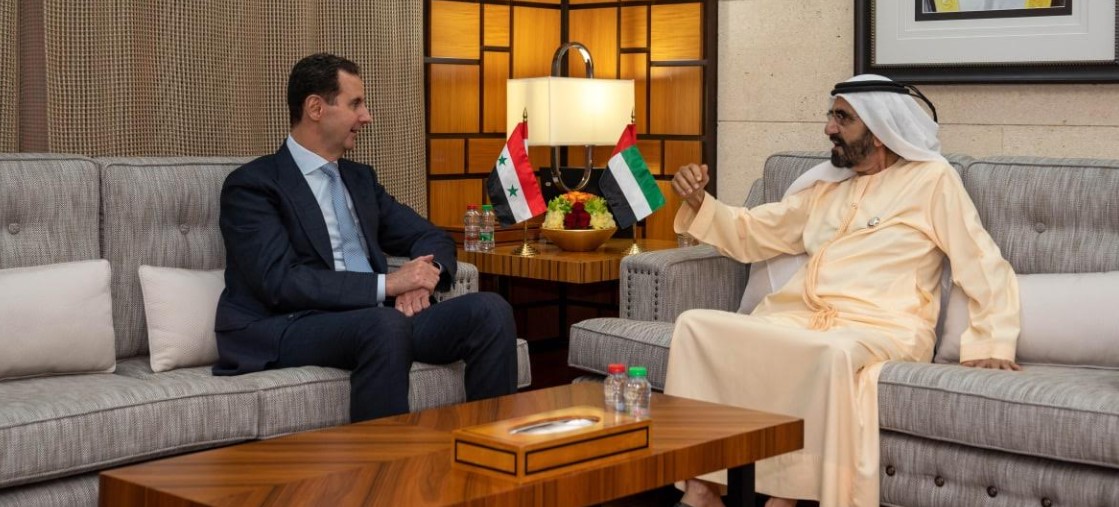
The UAE receives Syria’s Assad: Give peace a chance!
When John Lennon sang “Give peace a chance” in 1975, Syria was expecting a military rebellion by the extremist Muslim Brotherhood organization – listed as a terrorist group in many countries – whose goal was to overthrow the secular government in Damascus and establish a regressive state based on Sharia laws.

Badri 313: Who trained the Taliban’s special ops unit?
KabulThere have been numerous reports of Taliban Special Forces Units patrolling in Kabul. These units are very different from the traditional set-up of militant groups. And it is evident that the Taliban got the equipment for the battalion – state-of-the-art US military hardware and weapons and the same military equipment used by Afghan forces – from the departing US Army. But who trained them?

Not only Biden, but Britain hands over names of their Afghan partners to Taliban
WashingtonWhen the US armed forces left the Taliban with US military goods worth almost 85 billion dollars, pundits blamed President Joe Biden's ineptitude. Great Britain curiously now also falls into this category.
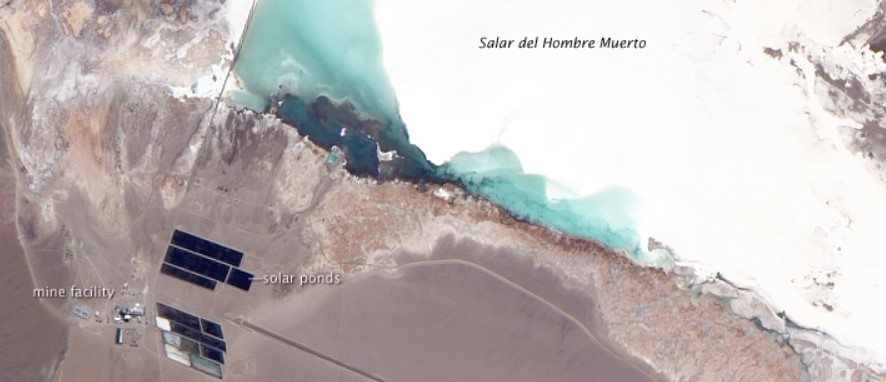
Taliban now control one of the world’s largest lithium deposits
Taliban fighters not only took control of Kabul and the Afghan government on August 15. They also gained access to a gigantic deposit of minerals essential for renewable energies, possibly giving China an indisputable edge.
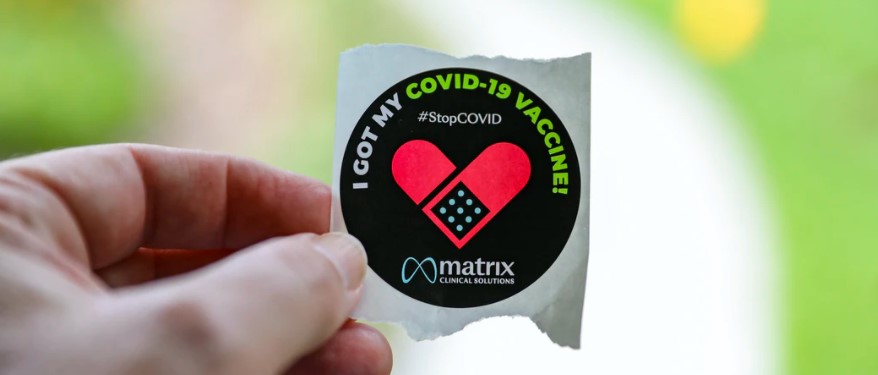
Israelis who got third jab infected with Covid
Tel AvivDespite a third vaccine "booster shot" at least 14 Israelis have been diagnosed with Covid-19, according to Health Ministry data. And two of those infected after receiving the third vaccine injection, have been hospitalized.
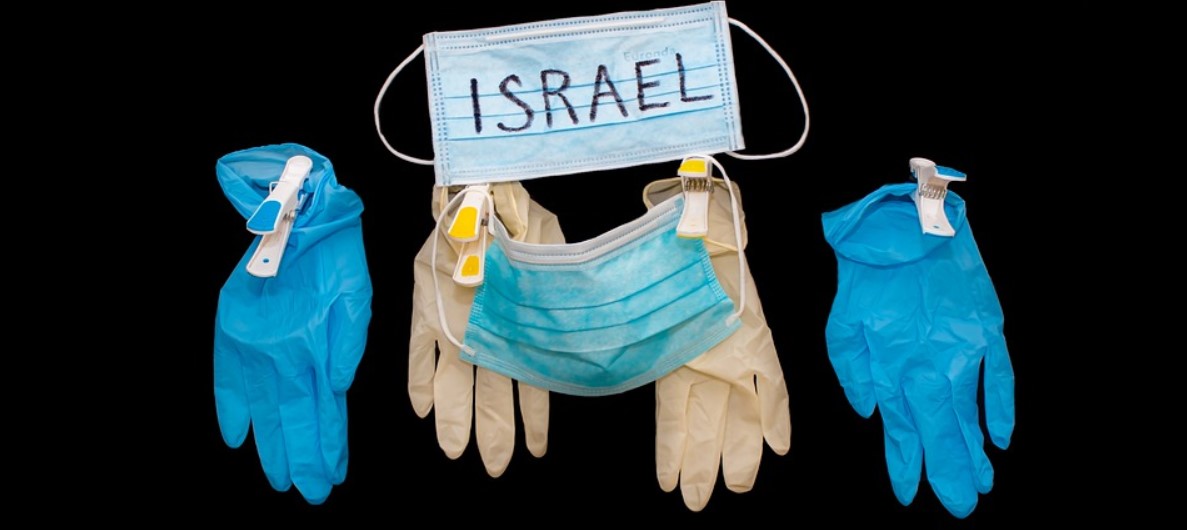
Israel: Early jab recipients twice as likely to catch Covid
Israelis who were vaccinated before late February are twice as likely to catch the Coronavirus than those who received the shot later, according to new research. The data suggests that the vaccinated have now involuntarily signed up for a lifetime of "booster" shots if they survive the vaccine.

Syrian first lady supports the fight against Al Qaeda and ISIS
The Syrian first lady has been accused by a London based law firm of terrorism and war crimes, which stem from her support of the Syrian Arab Army (SAA), through her speeches, meeting with and comforting the mothers of slain soldiers, and meeting with the women’s branch of the SAR.
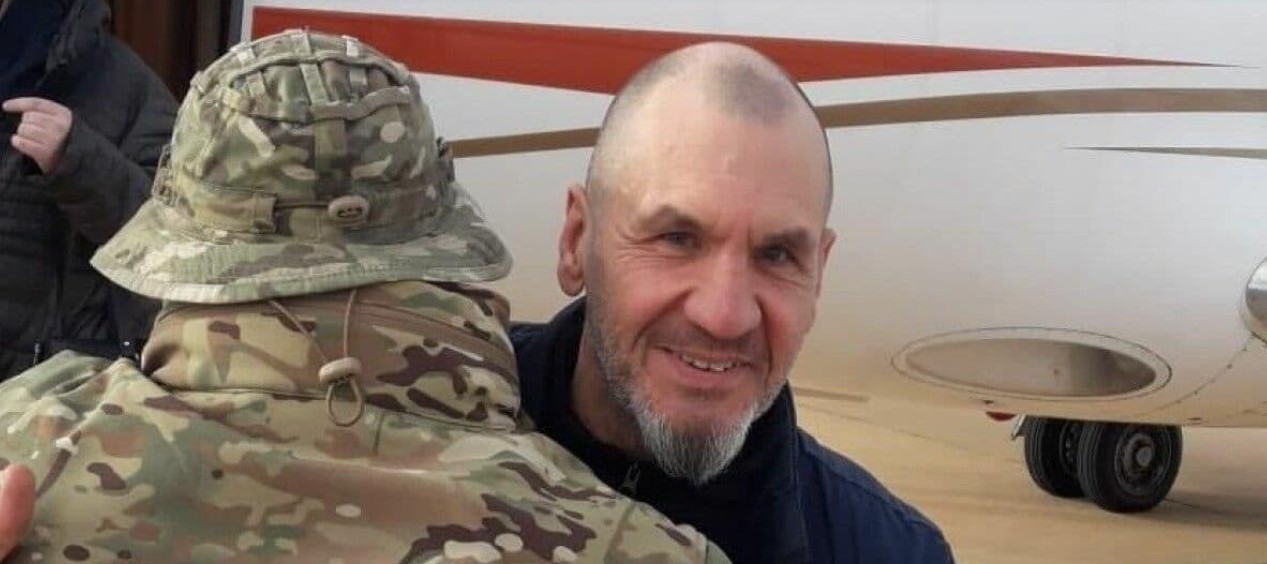
Breaking: Russian sociologists released from captivity in Libya
TripoliAccording to President of the Russian Foundation for Protecting National Values Alexander Malkevich, Russian sociologists Maxim Shugaley and Samer Sueifan have finally been released after a long captivity in Libya. This information is confirmed by Mikhail Bogdanov, the Russian president's special representative for the Middle East and Africa and deputy foreign minister.
